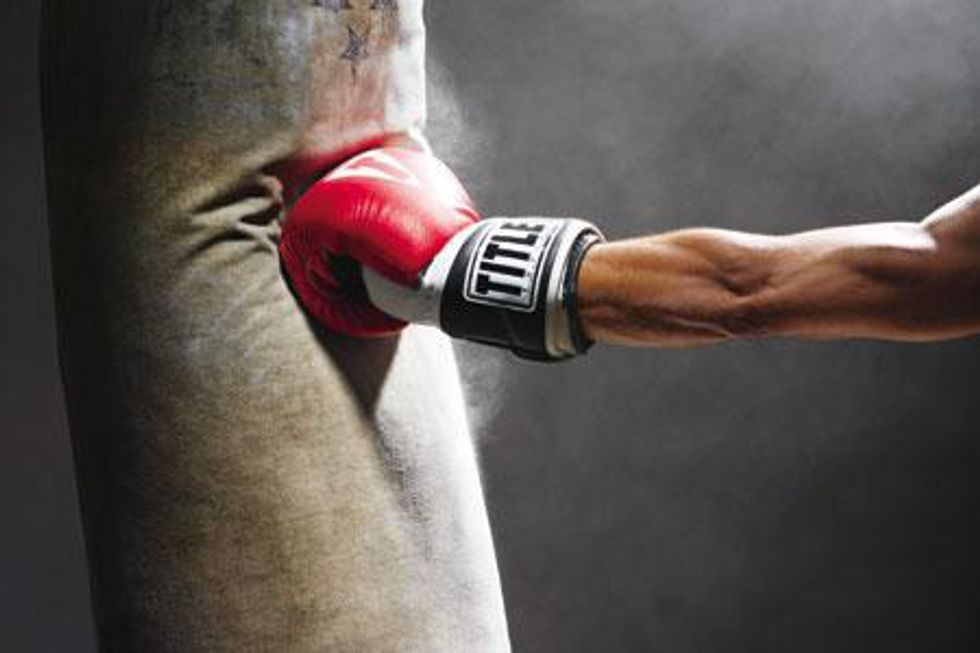Hanging above the bed in my dorm room was the famous picture of Muhammad Ali standing over Sonny Liston captured mere moments after the infamous "phantom punch." It is one of those defining pictures in sports history. Ali, then called Cassius Clay, became the reigning heavyweight champion. The match would come under much speculation and doubt in the following years, but Ali would endure. Now it is uncertain if boxing itself will endure.
The sport of boxing has been around for an incredibly long time. It was a sport practiced as far back as Ancient Greece in 688 B.C. Modern boxing started out as bare knuckle brawling in parts of London. The last of these bare knuckle matches took place in 1889 and lasted a staggering 72 rounds. In 1902, it was included in the modern Olympic Games. Boxing is taught to cadets at the West Point Military Academy as part of their physical training. The World Boxing Association recognizes eighteen weight classes, with two separate levels of boxing: amateur and professional.
Boxing has its detractors. Marred as a savage and brutish sport, very few people see the good that is done through boxing. I knew of a young woman who lived in Philadelphia with a terrible home life. What she could really do, better than anyone she knew, was box. She would punch away at the heavy bag for as long as she could, one fist over the other. It helped her in so many ways: confidence, fitness and discipline. It wasn't just punching a bag, or trying to knock the person in the other corner out. It was a way to feel wanted and not to mention a great way to earn respect. That woman was my mother. She passed her love of boxing and all the things it brought her on to me.
It isn't any secret that getting hit in the head often and hard is bad for the brain. Sugar Ray Leonard had to quit fighting due to a detached retina. Ali retired due to Parkinson's disease, brought on by too many blows to the head. Getting into the ring is a danger, like any sport. To the innumerable men and women punching away at bags in gyms across America, it is worth the risk. To me, it is worth the risk. I fight as often as I can and will continue to as long as I'm able. Ali still stands guard, arm angled across his chest, in my dorm room. His legacy lives on, as do his words emblazened in pure white letters at the bottom. It is an adage for life itself, which Ali learned through his career in the ring and the unique perspective that it brought to his world. It reads: "I hated every minute of training, but I said, 'don't quit. Suffer now and live the rest of your life as a champion.'" I, for one, hope boxing lasts. It is suffering now, but it is my belief that it will live on.




















